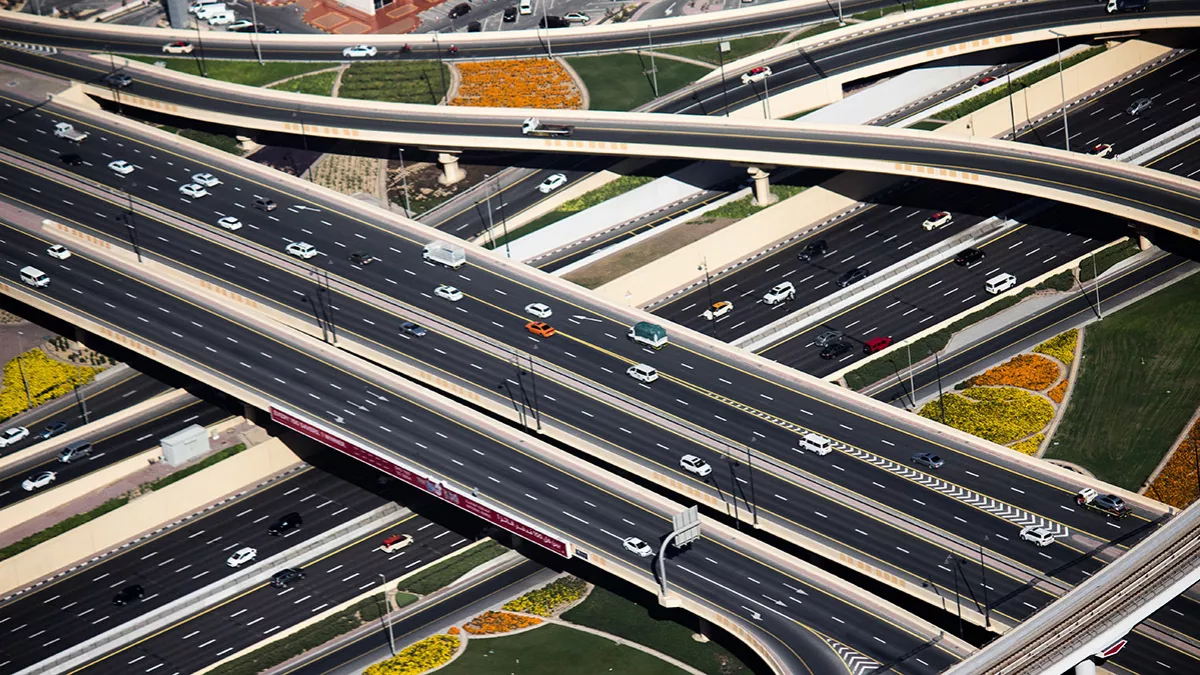
The launch of the second phase of its Traffic Incidents Management project has been announced by Dubai. The project, covering 15 highways and vital streets extending 425km from 2023 to 2025, aims to reduce secondary injury-related incidents, improve traffic flow and clear up vehicles involved in accidents quickly.
Dubai’s Roads and Transport Authority (RTA) implements the project in collaboration with the Dubai Police.
Mattar Al Tayer, director-general and chairman of the Board of Executive Directors of the RTA, said: “The project aims to ensure rapid intervention to remove vehicles involved in traffic incidents or those that break down on roads, to ease traffic congestion, streamline the traffic at incident sites, and cut the time of clearing vehicles involved in incidents. It also avoids the triggering of secondary incidents as a result of sudden congestion and supports the Dubai Police in managing traffic during severe incidents.”
The RTA started the operation of phase two in mid-January. In 2023, seven roads will be covered: Sheikh Zayed Road (Sheikh Rashid Street, Al Ittihad Street); Al Khail Road (Phase 1); Dubai-Al Ain Road; Al Yalayes Road; Sheikh Mohamed bin Zayed Road; Al Ribat Road, and the Airport Road.
Four additional roads will be covered in 2024: Al Khail Road (Phase II), Emirates Road, Jebel Ali - Lehbab Road, and Sheikh Zayed bin Hamdan Al Nahyan Road. Four other roads will be covered in 2025: Dubai-Hatta Road, Umm Suqeim Street, Expo Street and Hessa Street.
“The selection of roads was based on certain criteria, such as the traffic intensity, particularly during peak hours, and the rising numbers of incidents and vehicles breakdowns,” Al Tayer added.
Rapid intervention
The authorities have identified central points for positioning rapid intervention vehicles on highways and key roads. This ensures the quick arrival of vehicles to the scenes of incidents.
The Traffic Incidents Management Unit will cater to vehicles involved in incidents or those that break down; provide rapid management of traffic incident sites and neighbouring streets; handle minor incidents that do not require the attendance of police officers, and restore traffic. The unit carries out traffic diversions at incident sites and surrounding roads; assists road users; supports the police during severe incidents; protects parked vehicles; and provides traffic support during events.
Lieutenant-General Abdullah Khalifa Al Marri, commander-in-chief of Dubai Police, said phase one of the project was a huge success. “It proved the feasibility of the project and its ability to curb secondary injury-related incidents and improve the traffic flow during incidents.”
